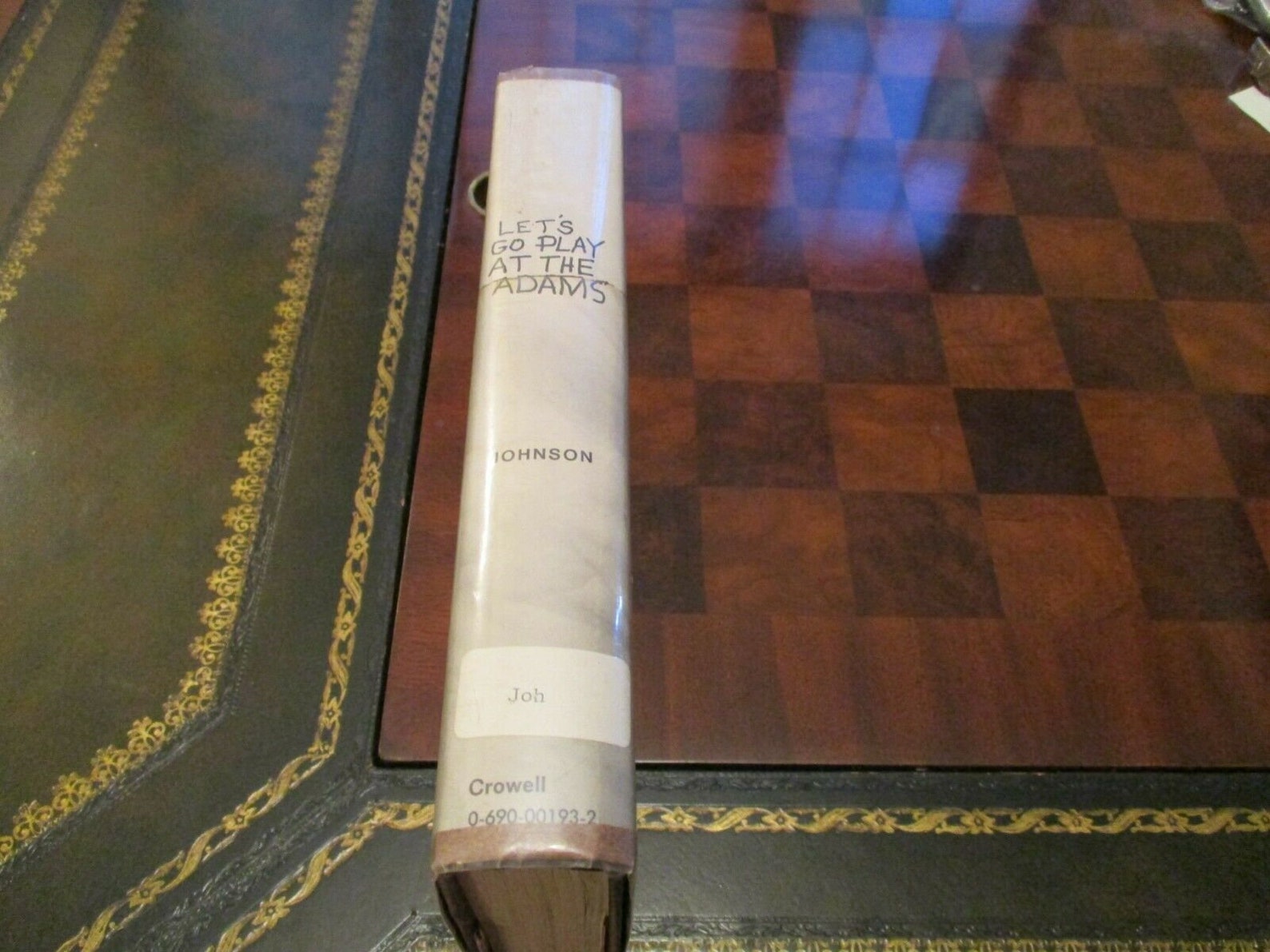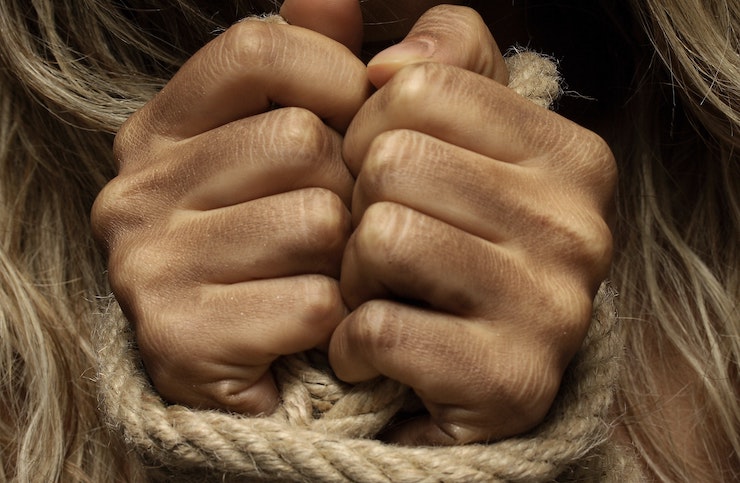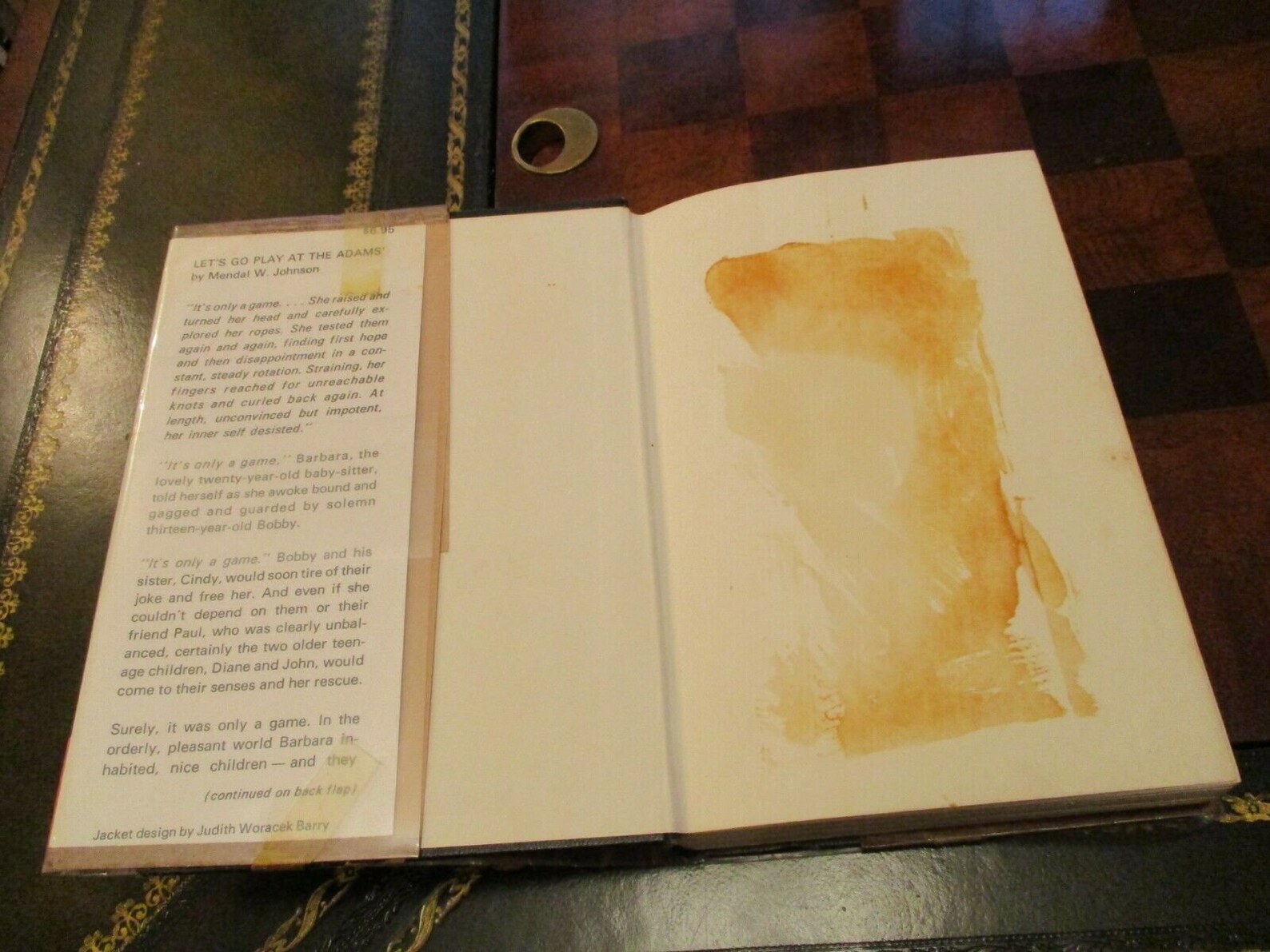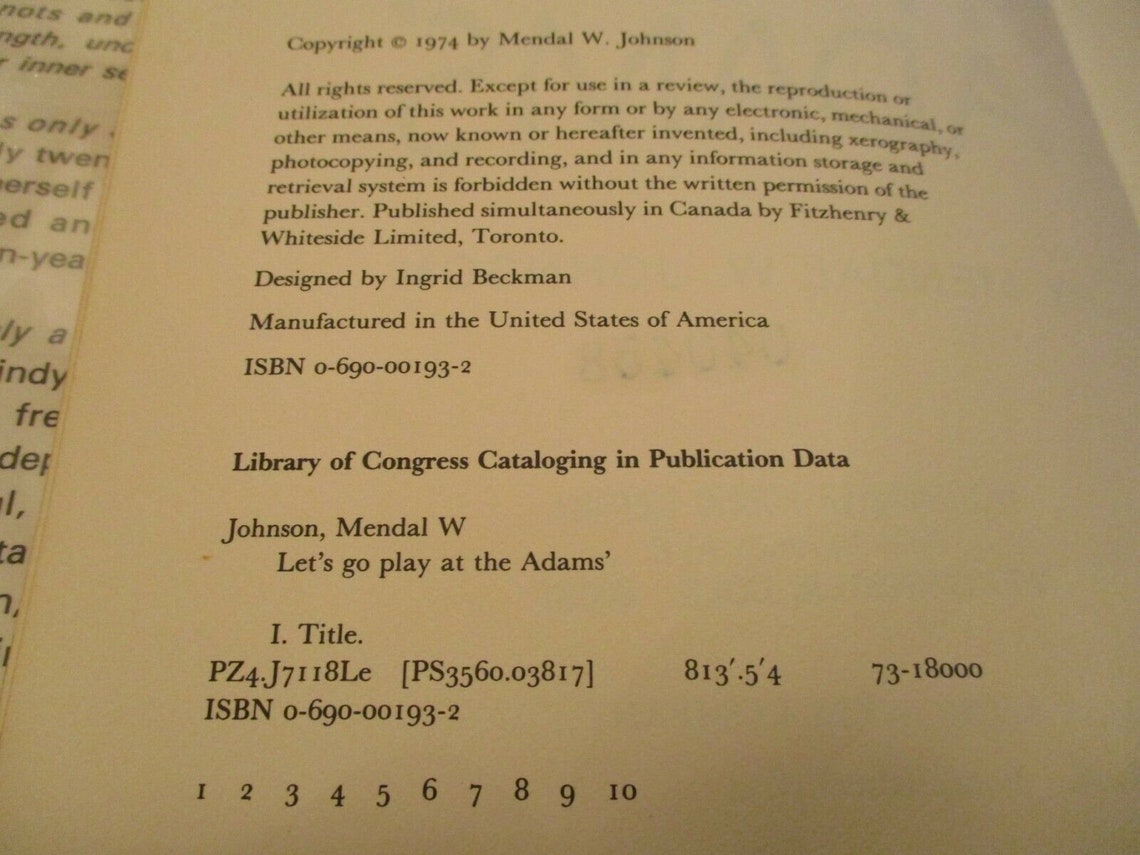


That said, there’s also a horror novel called The Girl Next Door by Jack Ketchum which explores this same theme, and is a far superior illustration of how young-and adult-minds can descend to this level of unimaginable heartlessness. We need horrible, hard-to-watch films like Blackfish or Blood Diamond, and we need stories like this one to show us what it’s like to be a victim of someone else’s games. And yet I think it’s necessary to read about human cruelty. If you do find it a pleasurable reading experience, you probably need therapy. It’s true that there’s literally nothing enjoyable about it. Some have discarded the book purely because of subject matter, however, and I don’t think that’s fair. Lord of the Flies managed to do that really well, and this novel puts in a solid effort.


He tries to expose monstrosity as a raw human trait. The author tries really hard to examine evil from a philosophical perspective. I say all this not to say that Lets Go Play at the Adams’ is a great book. The world could use a lot more understanding. To be marginalized, taken advantage of, or tortured. But I firmly believe, if more people read horror, more would understand how it feels to be hurt. Good writers know how to do this, and the bad ones at least try. If you can’t sympathize with the victim, it’s not scary. After all, what makes horror horror is empathy. We can trivialize it, or recognize its sinister impact. We can choose to pretend it doesn’t exist, or we can try to understand it. Darkness is, unfortunately, a part of the human condition. Ugliness is not a fault of horror literature, it’s an attribute. More than a terrifying horror story, Let's Go Play at the Adams' is a compelling psychological exercise of brooding insights and deadly implications. Each child was consumed by his own individual lust and caught up with the others in sadistic manipulation and passion, until finally, step by step, their grim game strips away the layers of childishness to reveal the vicious psyche, conceived in evil and educated in society's sophisticated violence, that lies always within civilized men. They tasted it and toyed with it - their only aim was to test its limits. The power of adults was in their hands, and they were tempted by it. Their wealthy parents were away in Europe, and in this rural area of Maryland, the next house was easily a quarter of a mile away. In the orderly, pleasant world Barbara inhabited, nice children - and they were nice children - didn't hold an adult captive.īut what Barbara didn't count on was the heady effect their new-found freedom would have on the children.


 0 kommentar(er)
0 kommentar(er)
